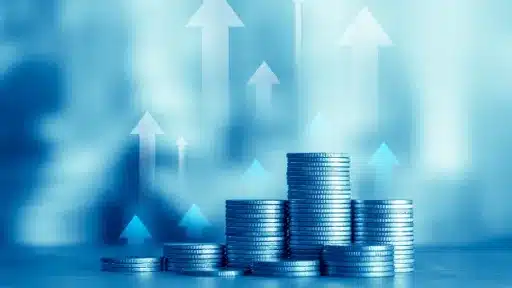Understanding how long does it take for credit score to go up after paying off debt is crucial in today’s financial landscape. As consumers strive to improve their financial health, knowing the timeline for credit score improvement after debt repayment can inform better decisions, whether for qualifying for loans, securing better interest rates, or simply achieving peace of mind. Paying off debt is a key step but the positive effects on your credit score aren’t always immediate, making it important to set realistic expectations and understand the factors involved.
How Long Does It Take for Credit Score to Go Up After Paying Off Debt?
When you pay off debt, your credit score doesn’t spike overnight. Typically, you can expect to see changes in your credit score within 30 to 90 days after the debt has been reported as paid to the credit bureaus. This delay occurs because creditors generally report to the bureaus once a month, and it takes some time for this new information to be processed and reflected in your score.
Factors Affecting the Timeframe
Several factors influence how long does it take for credit score to go up after paying off debt:
- Type of Debt Paid Off: Paying off revolving debt such as credit cards can impact your utilization ratio immediately, often showing results quicker than paying off installment loans like mortgages or car loans.
- Credit Reporting Cycles: Creditors report to bureaus at different times, so your debt repayment might not be reflected until the next reporting cycle.
- Overall Credit History: If you have a long credit history, the impact of paying off one debt might be less noticeable, but for those with a shorter or less established credit history, improvements can appear more rapidly.
- Credit Score Model: Different scoring models (FICO, VantageScore, etc.) weigh credit factors differently, so the timeline and magnitude of score improvements can vary.
Why Paying Off Debt Helps Your Credit Score
Paying off debt affects several key components of your credit score:
- Credit Utilization: Reducing your revolving credit balances lowers your credit utilization ratio, which can significantly boost your score.
- Payment History: Paying off debts on time ensures no new late payments harm your score.
- Debt Mix: Eliminating certain types of debt changes your credit mix, which could either positively or slightly negatively affect your score depending on the circumstances.
- Total Debt: Lower overall debt signals better credit management to lenders.
What Can You Do to Speed Up the Credit Score Increase?
While you can’t control exactly how quickly credit bureaus update your information, there are steps you can take to potentially speed up the process or at least maximize the improvement to your score:
- Check Your Credit Report Regularly: Ensure your payments are accurately reported; dispute any inaccuracies promptly.
- Maintain Low Utilization: Keep your credit card balances low even after paying off large debts.
- Make All Payments on Time: Consistent on-time payments continue to improve your credit profile.
- Keep Old Accounts Open: Closing old credit accounts can reduce your average account age and impact your score negatively.
Common Misconceptions About Credit Score Improvements
Understanding how long does it take for credit score to go up after paying off debt also involves dispelling misconceptions:
- Instant Score Jumps: Many expect immediate score increases, but credit reporting cycles cause delays.
- Paying Off Debt Always Improves Scores: While usually true, sometimes closing an account after paying it off can reduce your available credit and increase utilization ratio on other cards.
- All Debt is Equal: Installment loans and revolving debts impact scores differently.
In Summary
Paying off debt is undoubtedly beneficial for your credit score and overall financial health, but knowing how long does it take for credit score to go up after paying off debt helps set realistic expectations. Generally, expect to see improvements within 1 to 3 months after repayment appears on your credit report, but the exact timeline depends on factors like type of debt paid, reporting cycles, and your overall credit profile.
By maintaining responsible credit habits, monitoring your credit report, and understanding these timelines, you can better leverage debt repayment to boost your credit score and financial confidence.

